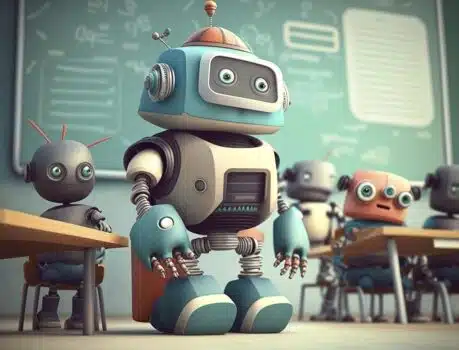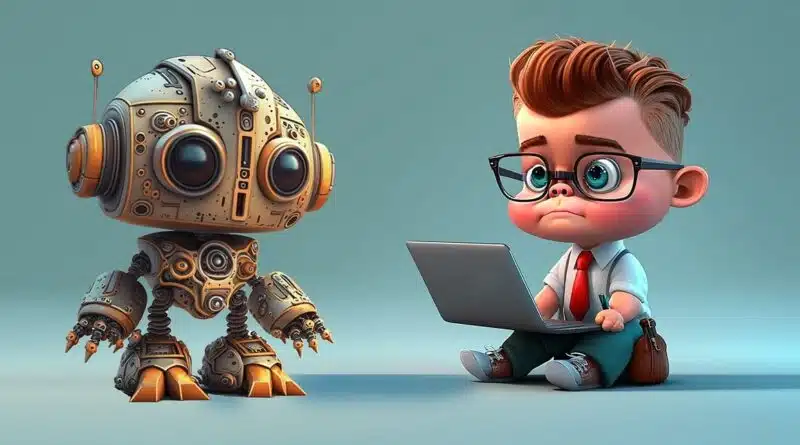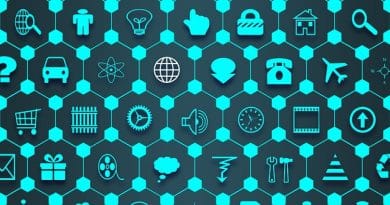6 AI ( ChatGPT )Tools To Build Your Personal Brand In 2024
6 AI ( ChatGPT )Tools To Build Your Personal Brand In 2024 . In 2024, artificial intelligence (AI), particularly tools like ChatGPT, plays a pivotal role in helping individuals build and enhance their personal brands. Whether you’re an entrepreneur, freelancer, content creator, or professional seeking to establish an online presence, AI can help automate tasks, generate ideas, and streamline your brand-building efforts. Below are six AI-powered tools, including ChatGPT, that can significantly boost your personal brand in 2024:
1. ChatGPT (OpenAI)
ChatGPT has become a go-to tool for many professionals and creators looking to generate high-quality content. It can be used to:
- Content Creation: Generate blog posts, social media captions, newsletters, and even full-length articles based on a topic or idea you provide. By asking ChatGPT to align content with your brand tone and values, you can create consistent, engaging materials.
- Audience Interaction: ChatGPT can help you draft responses to client inquiries, social media comments, and emails, ensuring that your interactions remain professional and on-brand.
- Content Strategy: You can use ChatGPT to brainstorm content ideas, social media strategies, or campaign outlines tailored to your audience’s interests and pain points.
Example Use Case: A personal finance consultant could use ChatGPT to generate weekly blog posts on trending financial tips or create engaging Instagram captions, all while ensuring the tone remains authoritative and professional.
2. Canva’s Magic Write (Canva Docs)
Canva Magic Write, powered by AI, is a feature integrated into Canva Docs. It helps create visually stunning and branded content quickly:
- Presentation and Document Creation: Magic Write can instantly generate text for presentations, blog posts, and social media content. With Canva’s vast range of templates, users can also ensure that their visuals match their brand identity.
- Graphic Design Support: Combine Magic Write’s content generation with Canva’s easy-to-use design tools to create branded materials like eBooks, brochures, and social media posts.
Example Use Case: A travel blogger might use Magic Write to draft an eBook on “Top 10 Travel Destinations of 2024,” and then use Canva to design the eBook with personalized branding elements like fonts, colors, and images.
3. Jasper AI
Jasper AI is another powerful AI writing assistant designed specifically for marketers and brand builders. It can:
- Copywriting: Jasper excels at generating compelling sales copy, email campaigns, and website landing pages. You can input your brand’s key selling points, and Jasper will tailor the output to your target audience.
- Content Scaling: Jasper allows for efficient scaling of content production by automatically generating high-quality text based on simple prompts, helping you save time while expanding your brand’s reach.
- SEO Optimization: It can also integrate SEO strategies into your content, helping you rank higher in search engines, a crucial aspect of personal branding online.
Example Use Case: A digital marketing consultant could use Jasper to craft SEO-optimized website copy and email newsletters to build their authority in the industry while automating much of the heavy lifting.
4. Lumen5
Lumen5 is an AI-driven video creation platform, perfect for transforming blog posts or articles into engaging video content:
- Automated Video Creation: Lumen5 uses AI to summarize your written content and transform it into videos. You can add branding elements such as logos, color schemes, and fonts to ensure the videos align with your personal brand.
- Social Media Optimization: The platform allows you to create content that is optimized for different platforms (e.g., Instagram Stories, YouTube, TikTok), making it easy to maintain a consistent and cohesive brand presence across channels.
- Video Storytelling: In a world where video is dominating social media, Lumen5 can help you turn your written content into captivating stories to share with your audience.
Example Use Case: A business coach could take their blog post on “Top Leadership Skills in 2024” and turn it into a series of branded social media videos using Lumen5.
5. Brandmark
Brandmark is an AI-based logo and brand identity creation tool. It helps entrepreneurs and small business owners create professional, unique, and memorable branding elements:
- Logo Creation: With Brandmark, you input a few details about your industry, and it uses AI to generate a range of logo options, color palettes, and typography ideas that reflect your brand’s identity.
- Instant Mockups: Brandmark provides mockups of how your logo will look on various promotional materials, from websites to business cards and social media.
- Customization: While AI provides the initial designs, you can fully customize and tweak them to ensure they fit perfectly with your personal or business brand.
Example Use Case: A personal trainer launching their fitness business could use Brandmark to quickly generate a professional logo and visual brand elements that align with their health and wellness philosophy.
6. Copy.ai
Copy.ai is another AI writing assistant that focuses on creating brand-centric content that resonates with your audience:
- Social Media Management: Copy.ai helps generate witty and engaging social media posts that can align with your brand voice. Whether it’s Twitter, LinkedIn, or Instagram, the AI can create platform-appropriate content.
- Email Campaigns: Like Jasper, Copy.ai can craft personalized email campaigns, blog introductions, and advertisements that reflect your unique style.
- Ad Copy: For entrepreneurs running paid ad campaigns, Copy.ai generates high-converting ad copy tailored to your audience, improving ROI on marketing efforts.
Example Use Case: An eCommerce entrepreneur could use Copy.ai to generate Facebook ad copy, promoting their latest products while ensuring the tone reflects their brand’s fun and youthful appeal.

How to Use These Tools Effectively
6 AI ( ChatGPT )Tools To Build Your Personal Brand In 2024 . Building your personal brand with these AI tools requires a strategy to ensure that the content you produce is authentic and reflective of your values. Here’s a brief guide:
- Define Your Brand: Before diving into any AI tool, clearly define your personal brand—what do you stand for? What is your unique selling point? Answering these questions will help you guide AI-generated content to fit your brand.
- Consistency is Key: Use the tools to maintain a consistent voice, tone, and visual style across all platforms. This builds trust and recognition with your audience.
- Leverage AI for Efficiency, Not Replacement: While these tools can save time and improve efficiency, they should not replace human creativity or judgment. Always review and tweak AI-generated content to ensure it feels authentic and personal.
- Iterate and Experiment: AI tools are highly flexible, allowing you to experiment with different content styles and formats. Use this to your advantage by testing out various approaches and adjusting based on audience feedback.
AI-powered tools like ChatGPT, Canva’s Magic Write, Jasper AI, Lumen5, Brandmark, and Copy.ai are revolutionizing the way professionals build personal brands in 2024. By combining creativity with automation, you can streamline your content production, maintain consistency, and engage with your audience more effectively. The key to success lies in balancing AI’s efficiency with your unique human touch, ensuring your personal brand stands out in a crowded digital space.




